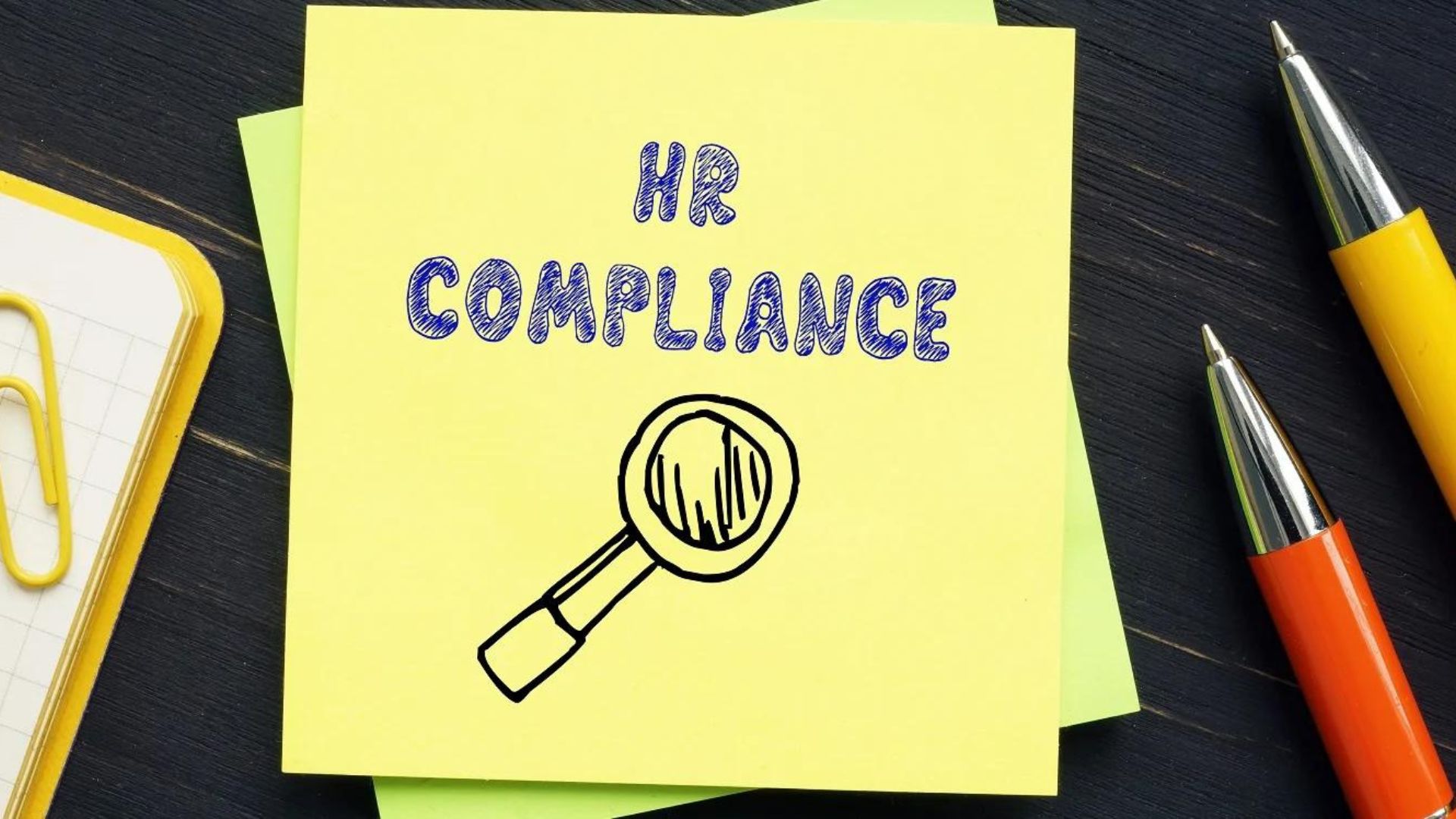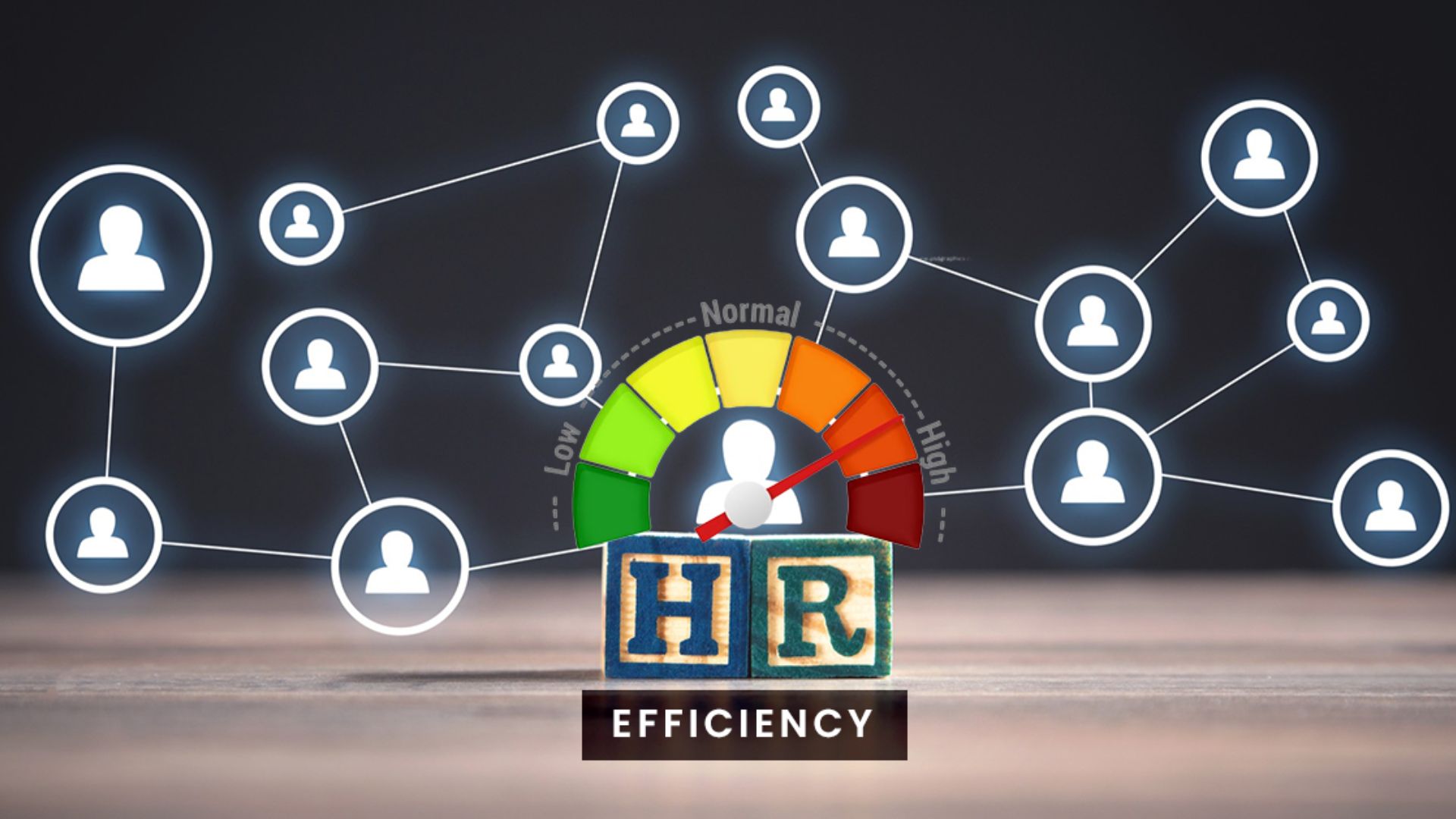Maintaining HR compliance is crucial for any business. Non-compliance can lead to legal issues and financial penalties. Therefore, employers must stay informed about regulations and best practices. In this article, we will explore essential HR compliance tips for employers.

1. Understand Labor Laws
Employers must be aware of federal, state, and local labor laws.
- Tip: Regularly review and update your knowledge of employment laws.
- Why It’s Important: Labor laws cover minimum wage, overtime pay, and workplace safety. Staying informed helps prevent violations.
Utilize resources like the U.S. Department of Labor website for updates.
2. Maintain Employee Records
Accurate record-keeping is essential for compliance.
- Tip: Keep organized records of employee information, including hiring documents, performance reviews, and payroll data.
- Why It’s Important: Proper documentation can help resolve disputes and demonstrate compliance during audits.
Use HR software to streamline record-keeping and ensure data security.
3. Implement Anti-Discrimination Policies
Create and enforce policies against discrimination in the workplace.
- Tip: Develop a clear anti-discrimination policy that addresses hiring, promotions, and workplace behavior.
- Why It’s Important: Anti-discrimination laws protect employees from unfair treatment based on race, gender, age, and more.
Regularly train employees on these policies to promote a respectful workplace.
4. Ensure Wage Compliance
Properly classify employees and ensure fair wages.
- Tip: Regularly review employee classifications (exempt vs. non-exempt) to comply with wage laws.
- Why It’s Important: Misclassifying employees can lead to wage and hour violations.
Stay updated on changes in minimum wage and overtime laws in your area.
5. Conduct Regular Training
Training is vital for maintaining compliance.
- Tip: Provide ongoing training for employees on compliance topics, such as harassment prevention and workplace safety.
- Why It’s Important: Regular training helps create a culture of compliance and awareness.
Consider using online training modules for convenience and accessibility.
6. Develop a Clear Employee Handbook
An employee handbook sets expectations and guidelines.
- Tip: Create a comprehensive employee handbook that outlines company policies, procedures, and employee rights.
- Why It’s Important: A well-defined handbook helps ensure employees understand their rights and responsibilities.
Review and update the handbook regularly to reflect any changes in laws or policies.
7. Stay Informed About Changes
Regulations can change frequently.
- Tip: Subscribe to HR newsletters or join professional organizations to stay updated on compliance changes.
- Why It’s Important: Being proactive about changes helps your business avoid compliance issues.
Participating in HR forums can also provide valuable insights and best practices.
8. Monitor Workplace Safety
Ensure a safe work environment to comply with OSHA regulations.
- Tip: Conduct regular safety audits and provide safety training for employees.
- Why It’s Important: Compliance with safety regulations protects employees and reduces the risk of workplace accidents.
Implement a reporting system for safety concerns to address issues promptly.
9. Create a Reporting Mechanism
Employees should feel comfortable reporting compliance issues.
- Tip: Establish a confidential reporting system for employees to report concerns or violations.
- Why It’s Important: A safe reporting mechanism encourages employees to speak up without fear of retaliation.
Respond promptly and appropriately to any reports of misconduct.
10. Consult Legal Professionals
When in doubt, seek professional advice.
- Tip: Consult with legal professionals or HR experts to ensure your policies and practices comply with laws.
- Why It’s Important: Legal advice can help you navigate complex regulations and avoid costly mistakes.
Consider engaging an HR consultant to assess your compliance status.
Conclusion
HR compliance is vital for protecting your business and employees. By understanding labor laws, maintaining accurate records, and implementing clear policies, employers can foster a compliant workplace. Regular training and open communication are essential to ensure everyone is informed and engaged. By following these tips, employers can navigate the complexities of HR compliance effectively.




